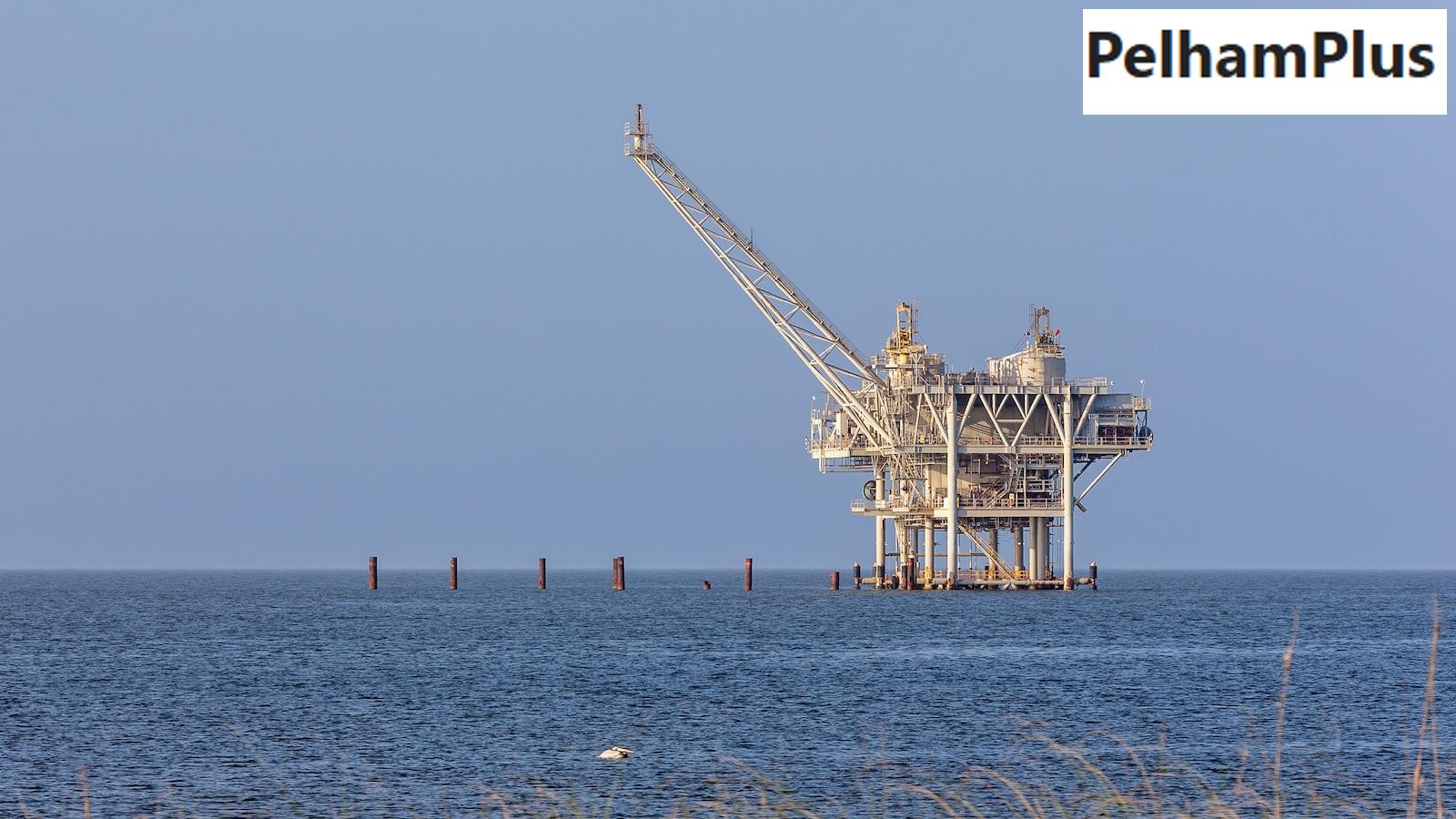In a surprising announcement during a news conference at his Mar-a-Lago estate in Florida, President-elect Donald Trump revealed plans to rename the Gulf of Mexico to the ‘Gulf of America.’ He believes this change is appropriate due to the significant contributions the United States makes in this crucial body of water. This bold statement has sparked discussions and reactions across the country.
Trump’s Reasoning Behind the Change
Trump explained that the name ‘Gulf of America’ resonates with the important role the U.S. plays in the region. He stated, “This area is where our nation’s hard work in oil production and seafood harvesting comes to life. We are the ones doing the heavy lifting here, and it’s time the name reflects that reality.” This change, he argues, is not just about a title, but about recognizing American efforts and contributions.
Supporting Legislation
- Republican Representative Marjorie Taylor Greene announced plans to introduce legislation supporting Trump’s name change.
- She believes that this move will further establish the Gulf as a symbol of American strength and economic prowess.
- The proposed legislation has created waves of support and criticism, igniting a heated political debate.
Historical Context of the Gulf’s Name
The Gulf of Mexico has had various names throughout history, with its current name appearing in documents since the mid-16th century. This rich history includes multiple cultural and geographical influences, yet the current name has stood strong for decades. Changing such a well-established name raises questions about national identity and cultural heritage.
The Economic Impact of the Gulf
The Gulf of Mexico is a vital economic resource, covering around 600,000 square miles. It plays a significant role in fueling the U.S. economy, supplying:
- About 40% of the nation’s seafood
- Half of the U.S. petroleum refining capacity
- Numerous jobs across various states, including Alabama, Florida, and Texas
With the name change, Trump hopes to further solidify the Gulf’s importance in the national narrative of economic success.
Responses from the Public and Officials
Reactions have varied widely. Some see it as a rallying cry for national pride and identity, while others are skeptical about the motivation behind the change. Critics point to the practicality and historical significance of the current name. Environmentalists have expressed concern about how a name change might distract from the real issues facing the Gulf, such as pollution and habitat loss.
What’s Next?
As the plans unfold, many are eager to see the tangible effects of Trump’s proposal. The legal implications of renaming a historic body of water bring several challenges, and the conversation is just beginning. How much weight a name bears is still a question that many policy experts are pondering.
| Feature | Current Name | Proposed Name |
|---|---|---|
| Area Size | 600,000 square miles | 600,000 square miles |
| Seafood Supply | 40% of U.S. seafood | 40% of U.S. seafood |
| Petroleum Refining | 50% of U.S. refining | 50% of U.S. refining |
This proposal represents a significant moment in U.S. politics and environmental discussions, demonstrating the complex relationship between geography, identity, and national pride. As new legislation unfolds and public opinion shapes, this story will surely continue to develop in the coming weeks.




